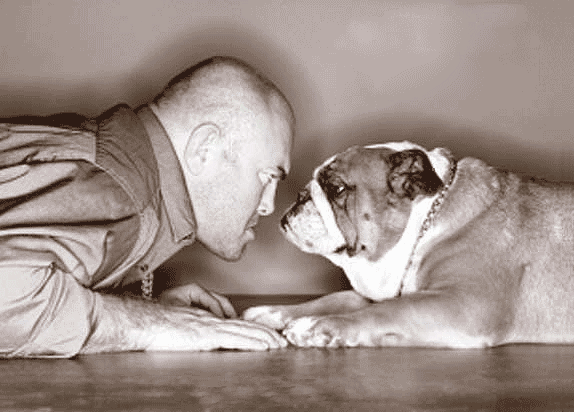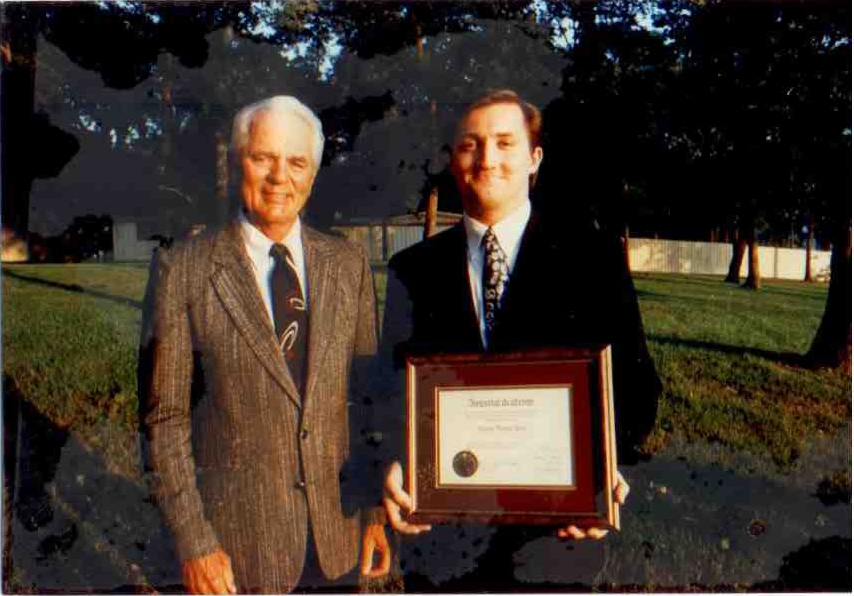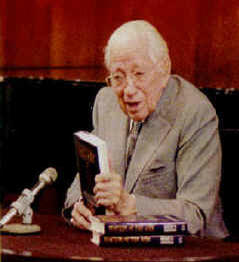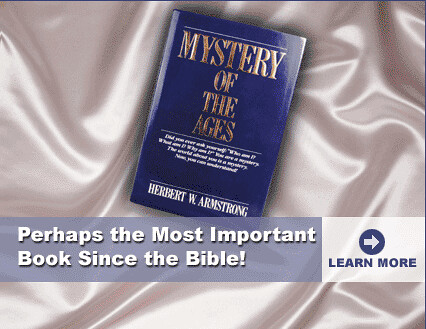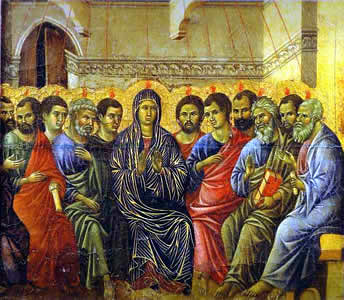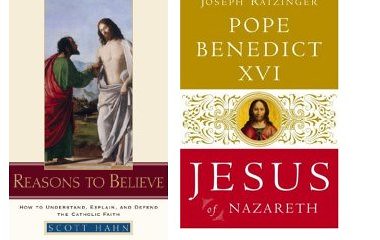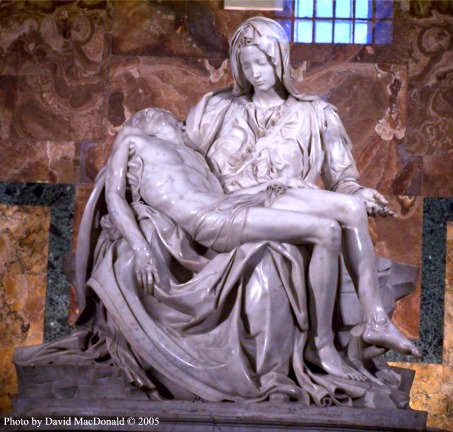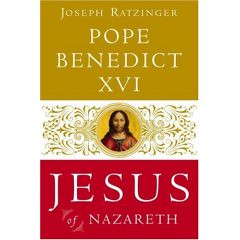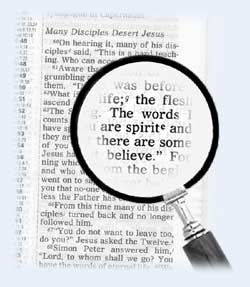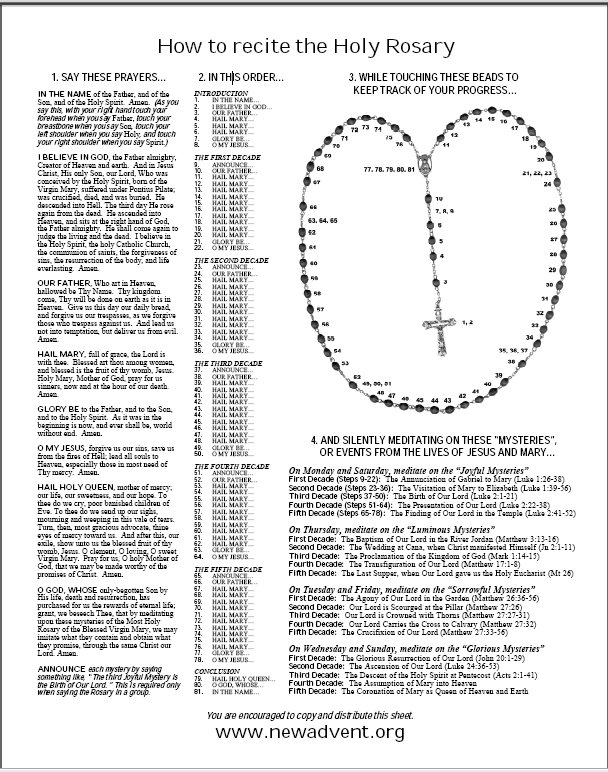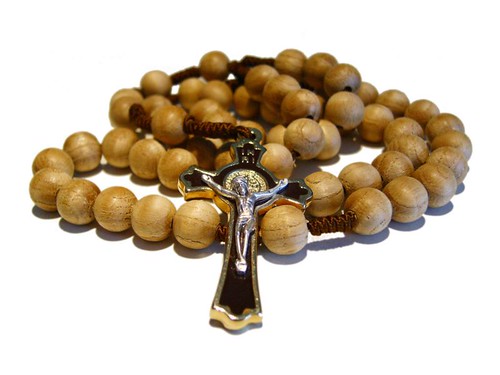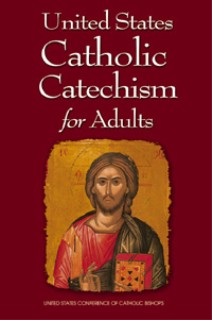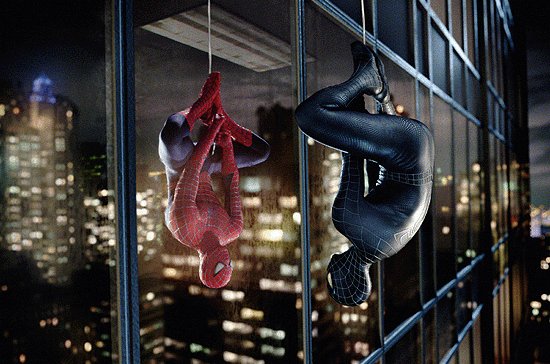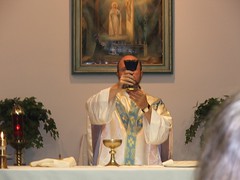
As Advent season arrives again, so does the annual explosion of anti-Christmas rhetoric. As if we don't get enough of it from atheists, some of it is published by various
Christian sects who sincerely intend to restore the true Faith -- the Faith that was "once delivered to the saints," without extra, man-made garbage to pollute the clear water of the Word. Unfortunately, their pure intentions can lead to absurd conclusions, such as:
Christmas is pagan.
One article that caught my attention this year is entitled "Does Christmas
Really Honor Christ?" I truly mean no disrespect to the author (for I once held his views), but the more I read such articles, the more juvenile I perceive "Christian" arguments against Christmas to be.
Among them are:
- We don't know Jesus' actual date of birth, so we're not honoring Him by observing December 25, which is a date pagans used to honor their own "gods."
- We're not worshiping Jesus in "truth" because certain aspects of some traditional nativity scenes are factually incorrect (e.g., the wise men appearing at the manger instead of at the house in which the holy family later lived).
- Santa Claus is a lie.
- Many people suffer depression during the holidays.
- Illicit use of alcohol and sex occur during the holidays.
- Unlike the wise men, we give gifts to each other rather than to Jesus.
- Birthday celebrations are pagan, even the Lord's.
- The Puritans opposed Christmas.
- Neither Jesus nor His apostles taught others to celebrate his birthday.
I'm not opposed to addressing these and similar issues, since I had to deal with them before, but a more troubling accusation deserves attention here.
Did Jesus ever grow up?From the aforementioned article:
Even more serious, however, is the false impression given by Christmas that Christ is simply a helpless baby. A little girl viewing a nativity scene was heard to ask her mother: "Did Jesus ever grow up?" Why did she ask? "Well," she responded, "he hasn't grown at all since I saw him last year!" And the impression left at Christmas is just that, that Christ was a helpless babe, not the ruling King that He is, one who will soon rid the earth of all unrighteousness (Psalm 2:9,12; 110:1,2; Revelation 12:5; 19:15,16).
In his zeal to promote the pure gospel, the author not only insults the intelligence of his adult readers, but minimizes the
essential truth of Jesus' birth!
First, Christmas does not limit our view of Jesus as a sweet little baby at the exclusion of all else, just as Good Friday does not leave the impression that Jesus is a helplessly limp, dead "savior on a stick." All aspects of Jesus' earthly life and ministry are essential and should be seen as a whole.
Second, the author comes from a tradition (
my tradition, in fact) that almost seems to mock the idea of us celebrating the arrival of a baby Jesus, whose image represents the Incarnation -- God becoming flesh -- which is the one, central truth of Christianity that distinguishes itself from all other religions!
The idea that God, who, as Creator, precedes time and space, would
enter time and space to be born just like one of us -- to
be one of us in order to intercede for us and eventually save us -- is a mystery so awesome, so mind-blowing, so incomprehensible, that it deserves profound contemplation,
not dismissal. Apart from it being logistically baffling, the Incarnation is a great act of love. It is the cause of angelic celebration.
In the introductory chapter of his Gospel, John describes it as true light that comes into a world of darkness. The chapter is intentionally reminiscent of Genesis 1, for Jesus' arrival was the beginning of a "new creation." His birth by a humble virgin in Bethlehem was the turning of the greatest page of hope in history.
I don't mean to be preachy, but I want to emphasize that the birth of Jesus was no small thing; it was monumental.
Not just a "birthday party"Further, it should be understood that Christmas is not merely a "birthday party" for Jesus. He doesn't need cakes, party hats, or noisemakers -- or poorly sung songs that end with "and many moooore!" No, the emphasis is not on His "birthday," but rather that God entered this world in the flesh. That's the all-important mystery of Christianity.
The wise men of the East did not see the baby Jesus on the
exact date of His birth, but they rejoiced nevertheless to see His day. "[A]nd going into the house they saw the child with Mary his mother, and they fell down and worshiped him" (Matthew 2:11). This scene -- of "the child with Mary his mother" -- is not a representation of Nimrod and Semiramis or any other "pagan" scene, but one that should invoke praise and thanksgiving -- and worship.
Likewise, when Jesus was brought to the Temple for the purification according to the law of Moses,
after His circumcision at the end of eight days, Simeon rejoiced at seeing the child Jesus (Luke 2:27-35). He rejoiced, even though He missed the "birthday party," which, by the way, was attended by the shepherds, and by a multitude of the heavenly host with song: "Glory to God in the highest, and on earth peace among men with whom he is pleased!" (2:14).
When we celebrate Christmas, we join Mary, Joseph, the shepherds, the angels, the wise men, Simeon, and everyone else who celebrated and worshiped the Lord as a baby.
Just as they all awaited the coming of the Christ, so do
we await His coming. This season of Advent stirs us to watchfulness, to be ready, for His
Second Coming, as well. Our minds are focused on both the baby Jesus humbly born in a manger
and the great and powerful King of Kings who will come again in glory at the end of this age. Both demand our preparedness.
If you hope to have a full and complete and saving Christology, you have to guard against false gospels. And sometimes you
do have to wash away the extra, man-made garbage that pollutes the clear water of the Word. Just be sure you don't throw out the Baby with the bathwater.
 A recent comment:
A recent comment:





